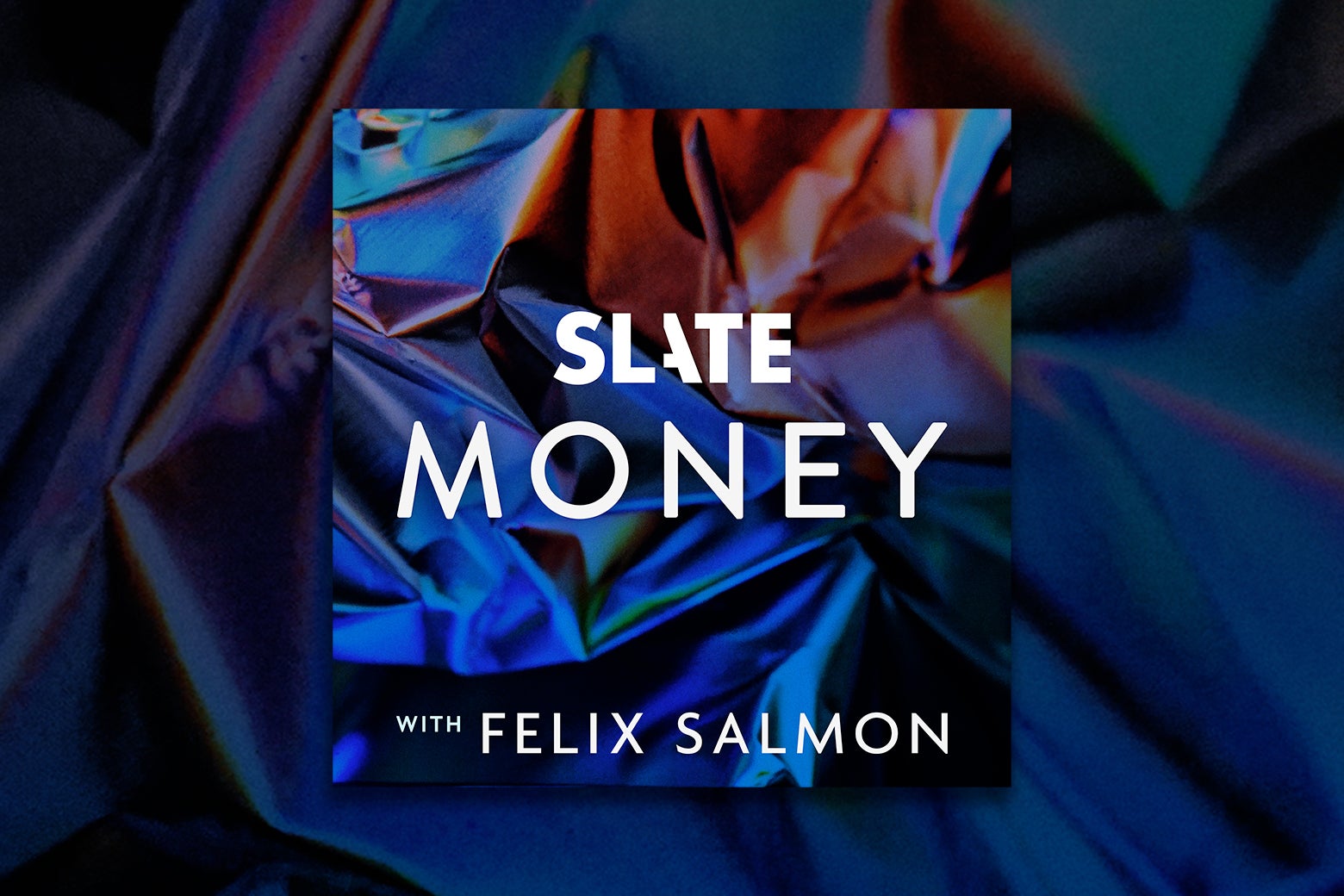The recent podcast episode of Slate Money features legal scholar Ray D. Madoff, who discusses her book, The Second Estate: How the Tax Code Made an American Aristocracy. During the conversation, Madoff outlines how the US tax code disproportionately benefits the wealthy, effectively allowing them to evade significant portions of their tax obligations.
Madoff’s insights reveal the complexities and loopholes within the tax system that enable high-income individuals to lessen their tax burdens. She argues that these advantages create an environment where the rich can essentially opt-out of contributing their fair share.
In her discussion, Madoff highlights specific mechanisms, such as the “Angel of Death” loophole, which allows wealthy individuals to pass on substantial assets without incurring taxes. This loophole, among others, exemplifies how the wealthy navigate the tax landscape, preserving their wealth across generations.
Exploring the Impacts of Tax Inequality
The implications of this tax inequality are profound. Madoff asserts that when the rich can avoid taxes, it shifts the burden to middle and lower-income earners, who do not have the same resources to exploit these loopholes. This situation exacerbates wealth inequality in the United States, making it increasingly difficult for lower-income individuals to achieve economic mobility.
Listeners of the Slate Money podcast may find it insightful to consider the broader social impacts of these tax policies. Madoff emphasizes that a tax system designed to favor the wealthy undermines the foundational principles of equity and fairness that many societies strive to uphold.
As a prominent voice in the conversation on tax reform, Madoff’s work invites further scrutiny into the existing frameworks that govern wealth distribution. The discussion on the podcast serves as a reminder of the need for comprehensive reform to ensure a more equitable tax system.
Madoff’s book, The Second Estate, not only delves into these issues but also provides a historical context for understanding how such inequalities have developed over time. By examining the evolution of the tax code, she offers a critical perspective on the socio-economic landscape in the United States.
For those interested in exploring these themes further, the episode is available on popular platforms such as Apple Podcasts and Spotify. The podcast production team, including Jessamine Molli and Cheyna Roth, has crafted a compelling discussion that highlights the urgent need for dialogue on tax reform.
In conclusion, the conversation featuring Ray D. Madoff on Slate Money sheds light on the intricate ways that the wealthy navigate the tax code, prompting listeners to reflect on the implications for society as a whole. As the discourse around tax reform continues, the insights shared by Madoff will play a significant role in shaping future discussions.







